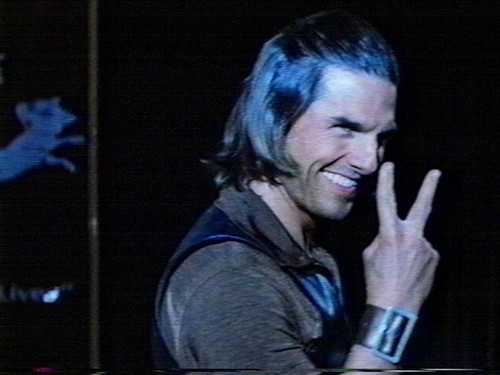
Ok, I admit it. I am far too familiar with the self-help section of my bookstore.
Alternative diets, positive thinking, 7 habits, four-hour workweeks– yes, I’ve read them all. I have a very high tolerance for bullshit, especially of that type. Always have, despite being rather cynical and dismissive of the majority of the category.
If you believe the media’s portrayal of the people like me, we’re lonely men and women who have tragedy follow us like a black cloud. We’re down on our luck and unlikely to get back up anytime soon. We are the downtrodden.
Some of that may be true– but I’m dismissive of that, too.
Here’s the way I see these books. I think they should be read by everyone, most of the text largely dismissed and appalled by, and then the morsels that apply to you should be absorbed and become part of your routine or mindset. Actually, this not only applies to the way I view self-help, but also a majority of the information in my life. Never accept information at face value, basically. YMMV.
One of my new favourite blogs says you should come to a book with a question. That may help when you’re going through the chaff that’s on that bookshelf, maybe even preventing the occasional gag reflex, who knows.
But I don’t think anyone is born just being successful, or just having all the answers. And most of us don’t have mentors, but we need to look somewhere. It’s weird that it has to be in these books that we find the answers we’re looking for, but it’s even worse that many people refuse to look at them because of how cheesy they are (and man, are they ever).
When I started being able to do this, I found a lot of answers to stuff I needed to know. And you can do it on the web, too– in fact, maybe the web taught me to do it, no clue.
But I’m happy for my ability to both accept and reject this stuff at the same time. Can you do the same?
Leave a Reply